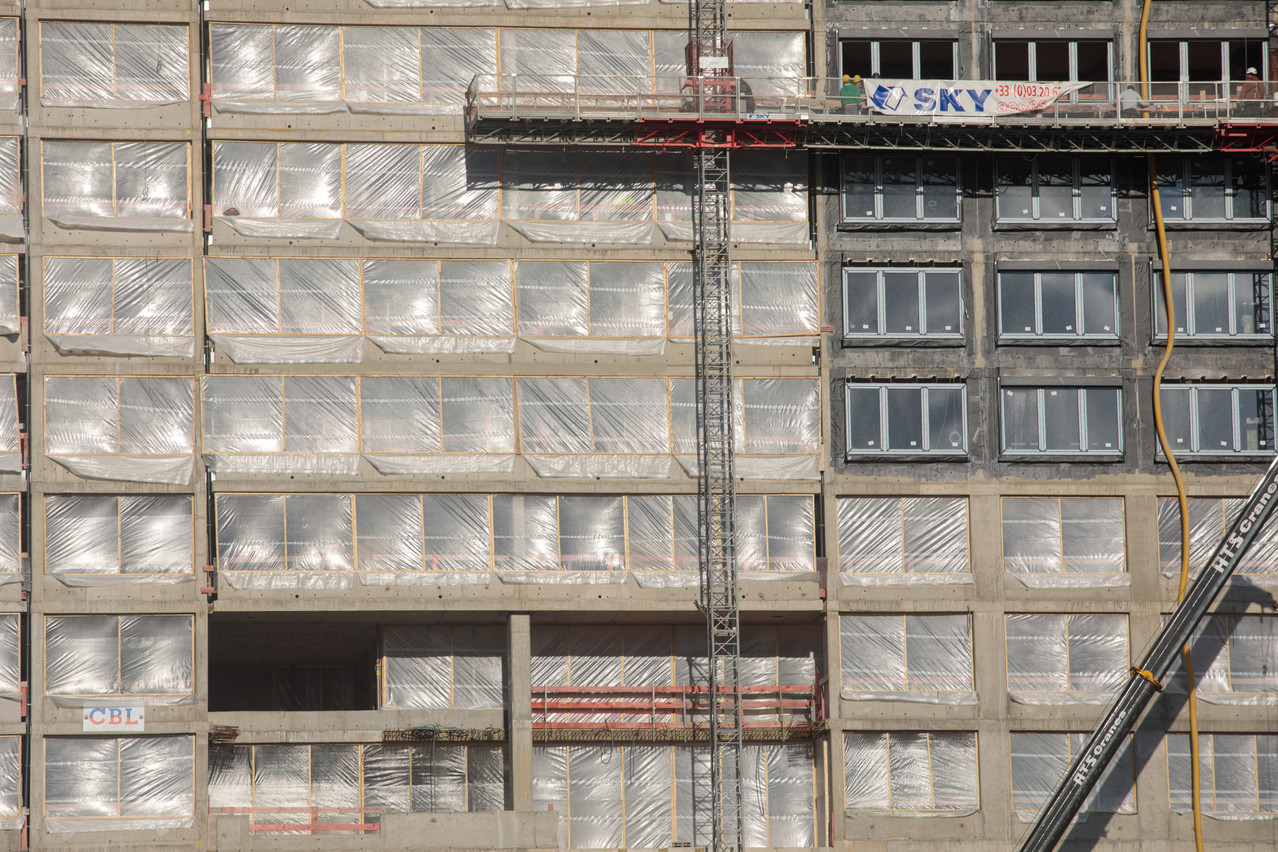MP (CSV) in September 2024 submitted a parliamentary question about the performance of Prolog Luxembourg S.A., a special purpose vehicle (SPV) for the real estate sector, after the first few months of operation. More specifically, he asked for information on the number of real estate projects financed by the SPV and whether other banks had participated in the project. In his response, finance minister (CSV) on 15 October 2024 gave an overview of the structure, objectives and initial progress of Prolog Luxembourg S.A. And the result is not glorious, since--as of 15 October--no contract had been signed.
An initiative put together too quickly?
In May 2024, four major banks in the Luxembourg financial centre (Spuerkeess, Banque Interationale à Luxembourg, Raiffeisen, Banque de Luxembourg), together with SNCI (Société Nationale de Crédit et d'Investissement), created a special purpose vehicle to revitalise the property market. following a national meeting on housing held in February 2024, which brought together the government, the Syndicat des villes et communes luxembourgeoises (Syvicol) and representatives of the private sector, including the construction, craft and banking industries. But perhaps this was done a little too hastily and without sufficient consultation between all parties, since almost six months after its launch, not a single developer has taken advantage of this tool. So the problem lies somewhere.
The main aim of the SPV, , is to acquire at a discount properties that developers have been unable to sell in projects that are already on the market. The aim of this measure is to ensure the continuation of ongoing projects that have reached a pre-sales level of at least 50%, thereby increasing the supply of completed homes while maintaining employment in the construction sector.
However, it would appear that do not correspond to the reality of the market, since no developer has sold a flat in this context. Even if Prolog allows developers to secure the financing and guarantees necessary for the completion of their projects by offering a purchase option on unsold properties, this mechanism does not seem optimal.
The condition of 50% pre-sales seems to be a significant obstacle in the current context, with a level of 30% seeming to be more realistic. This is confirmed by Jacques Brauch, CEO of Soludec: “When we reach 50% pre-sales, we almost no longer need this assistance.”
Furthermore, the question of the purchase price applied with a discount does not necessarily allow developers to fully cover their costs and is seen negatively by the rest of the market which must buy the apartments at a non-discounted price.
“The initiative is entirely commendable,” Brauch emphasises, “but the risk taken by the banks is too small and for the developer, the cost of financing becomes very heavy. This initiative was launched just after the announcement of the banks’ good profits and it is interesting that the financial institutions are coming to help the construction sector which is in difficulty, but there is still a lack of closer dialogue between the developers and the banks to find the truly appropriate solution.”
However, the minister justifies in his response that Prolog “is part of the collective effort to restore confidence in the market, and the success of the SPV is not necessarily measured by the number of projects financed through it, but more generally by the completion of new projects on the housing market and the recovery of activity in the construction sector.”
This article was originally published in .
